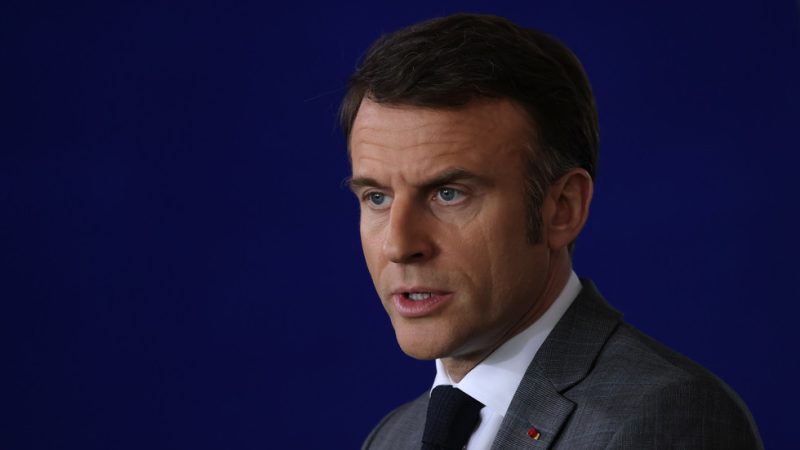
The recent tragic stabbing at a French school has ignited a fierce debate about the role of social media in youth violence, leading President Emmanuel Macron to propose a drastic measure: banning social media access for minors. This move has sparked considerable controversy, with critics raising concerns about freedom of expression and the practicality of implementation.
Macron directly linked the incident to the pervasive influence of online platforms, suggesting that the violence was fueled, at least in part, by the content children are exposed to online. His proposal aims to protect children from the harmful effects of social media, shielding them from cyberbullying, exposure to violent content, and the pressure to conform to unrealistic online ideals. The specifics of the proposed ban remain unclear, however, leaving many questions unanswered.
The potential impact on children’s education and social lives is a major point of contention. While some argue that the ban would create a safer online environment and allow children to focus on their studies and real-life interactions, others fear it would isolate young people and hinder their ability to connect with peers and access valuable information. Furthermore, enforcing such a ban presents significant practical challenges, as it would require robust verification systems to ensure compliance and prevent circumvention.
The debate extends beyond the immediate implications for French children. It raises broader questions about the responsibility of social media companies in regulating their platforms and preventing the spread of harmful content. It also highlights the complex relationship between technology, youth development, and societal safety. The effectiveness of a complete ban is also questionable. Many argue that a more nuanced approach, involving improved content moderation, media literacy programs, and parental controls, might be a more effective and less restrictive solution.
Macron’s proposal undoubtedly reflects a growing concern about the impact of social media on young people, but its implementation and long-term consequences remain to be seen. The coming weeks and months will likely bring further debate and discussion, as France grapples with this complex challenge and seeks to find a balance between protecting its youth and upholding the principles of freedom of expression.










